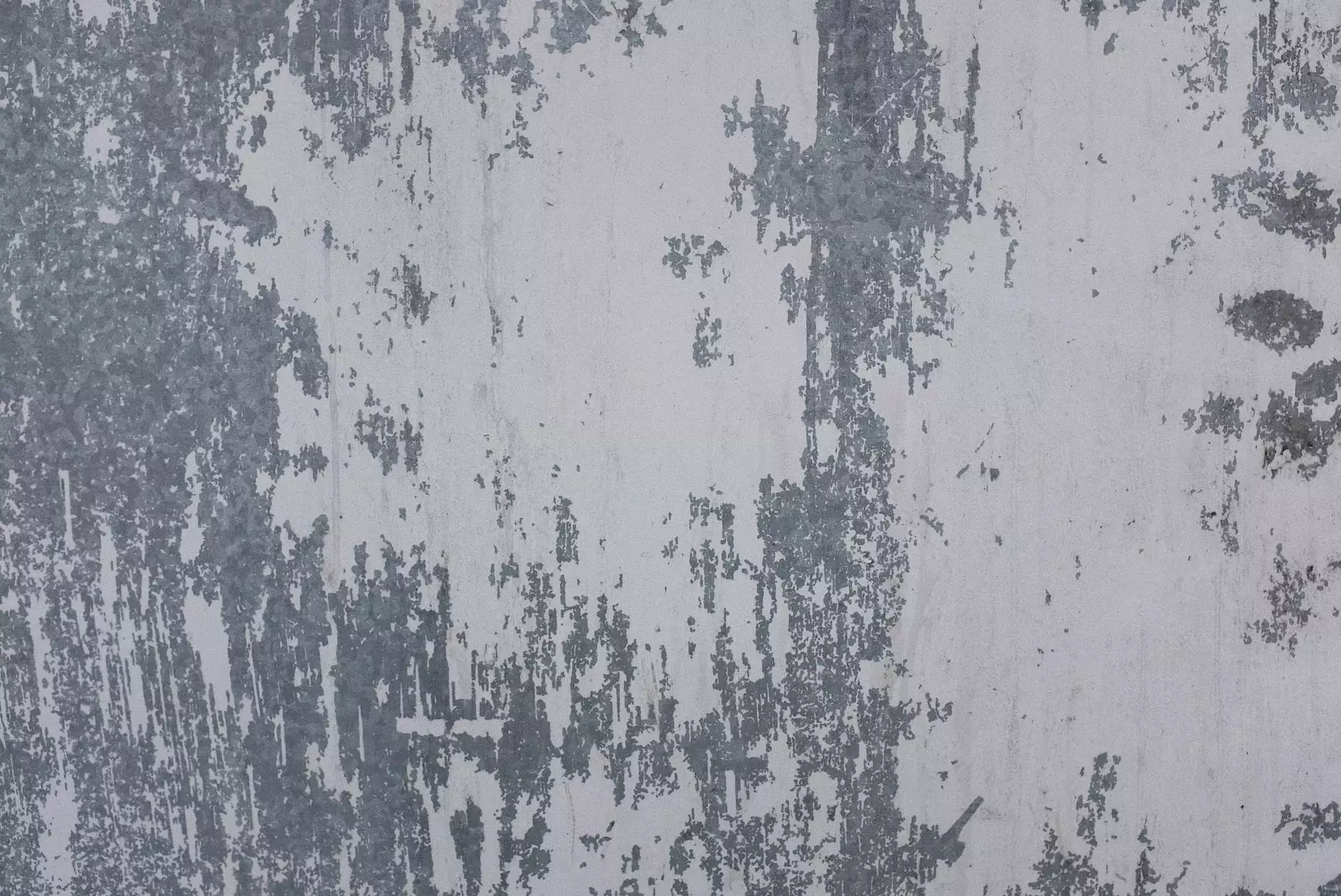Choosing the Right Pool Plastering Contractors for Your Swimming Pool

A swimming pool is not just an addition to your home; it's a sanctuary, a place for relaxation, fun, and family gatherings. To ensure that your pool remains in optimal condition, the role of pool plastering contractors cannot be overstated. This article delves into the importance of selecting the right pool plastering contractors and what factors to consider to maintain the beauty and functionality of your swimming pool.
Understanding Pool Plastering
Pool plastering involves applying a layer of plaster to the interior surfaces of the pool. This step is crucial as it not only enhances the aesthetic appeal of your pool but also protects the surface from chemical damage and wear. A well-executed plastering job can significantly extend the life of your pool. Below are some key points regarding pool plastering:
- Surface Protection: The plaster acts as a barrier against chemicals such as chlorine, which can degrade the surface over time.
- Aesthetic Appeal: The finish can be customized to suit your style, with various colors and textures available.
- Enhancing Value: A properly plastered pool can increase the overall value of your property.
Why Hire Professional Pool Plastering Contractors?
While DIY projects can be rewarding, pool plastering is a task best left to professionals. Here are several reasons why hiring qualified pool plastering contractors is crucial:
1. Expertise and Experience
Professional contractors have the expertise and experience necessary to ensure that the plaster is applied correctly. This not only ensures durability but also results in a smoother, aesthetically pleasing finish.
2. Quality Materials
Experienced contractors use high-quality materials that are designed to withstand the harsh conditions of pool environments. This choice of materials can greatly impact the longevity of your pool's surface.
3. Time Efficiency
Pool plastering is a labor-intensive process that can take considerable time if done improperly. Professional contractors complete the job efficiently, allowing you to enjoy your pool sooner.
How to Choose the Right Pool Plastering Contractors
Choosing the right contractor is essential for a successful pool plastering project. Here are some tips to help you make an informed decision:
1. Check Qualifications and Licenses
Always ensure that the pool plastering contractors you consider are licensed and qualified to carry out pool renovations. Verify their credentials and ask about their previous work.
2. Read Reviews and Ask for References
Reviews from previous clients can give you a good idea of the contractor's reputation. Don’t hesitate to ask for references and contact previous clients to inquire about their experiences.
3. Get Multiple Quotes
Obtaining quotes from different contractors can help you understand the average cost of pool plastering services. However, be wary of quotes that seem too low, as quality often comes at a price.
4. Ask About Their Process
Inquire about the plastering process, including the materials they use, the timeframe, and the steps they take to prepare the pool for plastering. A reputable contractor should be transparent and willing to discuss their methods with you.
Preparing for Your Pool Plastering Project
Preparation is key to a successful plastering job. Here are crucial steps you should take prior to starting your pool renovation:
1. Clear the Pool Area
Ensure that the area around your pool is clear of furniture and debris. This allows the contractors to work efficiently and reduces the risk of damaging your belongings.
2. Drain the Pool
Your pool will need to be fully drained before plastering can begin. Make sure to coordinate this with your contractor to prevent any delays.
3. Inspect the Pool Structure
Before plastering, it’s essential to inspect the pool structure for any repairs that may need to be made, such as fixing cracks or leaks. Discuss these repairs with your contractor to ensure they are addressed during the plastering process.
Types of Pool Plastering Finishes
There are various materials and finishes available for pool plastering. Here's a rundown of the most popular options:
1. Traditional White Plaster
This is the most common type of pool plaster, offering a classic look. It's a mixture of cement, marble dust, and water, providing a smooth and bright finish.
2. Colored Plaster
Colored plaster options allow homeowners to customize the appearance of their pools to better match their landscaping or home exterior. Popular colors include blue, grey, and black.
3. Pebble Finish
For a more textured look, pool plastering contractors often offer a pebble finish. This involves mixing pebbles with plaster, resulting in a natural, sophisticated appearance.
4. Quartz Finish
Quartz finishes are known for their durability and color richness. This option is a blend of quartz crystal and plaster, offering a non-porous surface that resists stains and damage.
The Process of Pool Plastering
Understanding the plastering process can help you appreciate the work involved and recognize the expertise of the professionals you hire. Here’s a step-by-step overview:
1. Surface Preparation
The first step is to thoroughly clean the pool surface. This includes removing any old plaster, dirt, and debris to ensure a suitable bonding surface for the new plaster.
2. Repairing Cracks
After cleaning, any structural issues, such as cracks or leaks, must be repaired before applying plaster. This ensures a long-lasting finish.
3. Application of Plaster
The plaster is mixed and then applied quickly to prevent it from setting too soon. Experienced contractors work in sections to ensure a uniform application.
4. Curing Process
Once applied, the plaster needs time to cure properly. Proper curing is essential for durability and a smooth finish.
Maintaining Your Newly Plastered Pool
Once your pool renovation is complete, maintenance becomes key to preserving the beauty and durability of the plaster:
1. Regular Cleaning
Keep your pool clean by regularly skimming debris and vacuuming the floors. Avoid using harsh chemicals that could damage the plaster surface.
2. Balanced Water Chemistry
Maintaining balanced water chemistry is crucial. Regularly test the pH and chlorine levels to ensure they remain within the recommended range to prevent damage to your pool surface.
3. Monitor for Damage
Regularly inspect your pool for signs of damage or wear. Addressing any issues promptly can prevent further degradation.
Conclusion
In summary, the role of pool plastering contractors is vital to not only the aesthetics of your swimming pool but also its longevity and functionality. By choosing qualified professionals, understanding the plastering process, and maintaining your pool, you can create a stunning retreat that adds value to your property and joy to your life. If you’re ready to transform or renovate your swimming pool, contact poolrenovation.com today to get started on your dream project!



